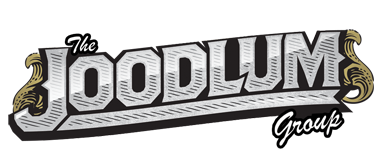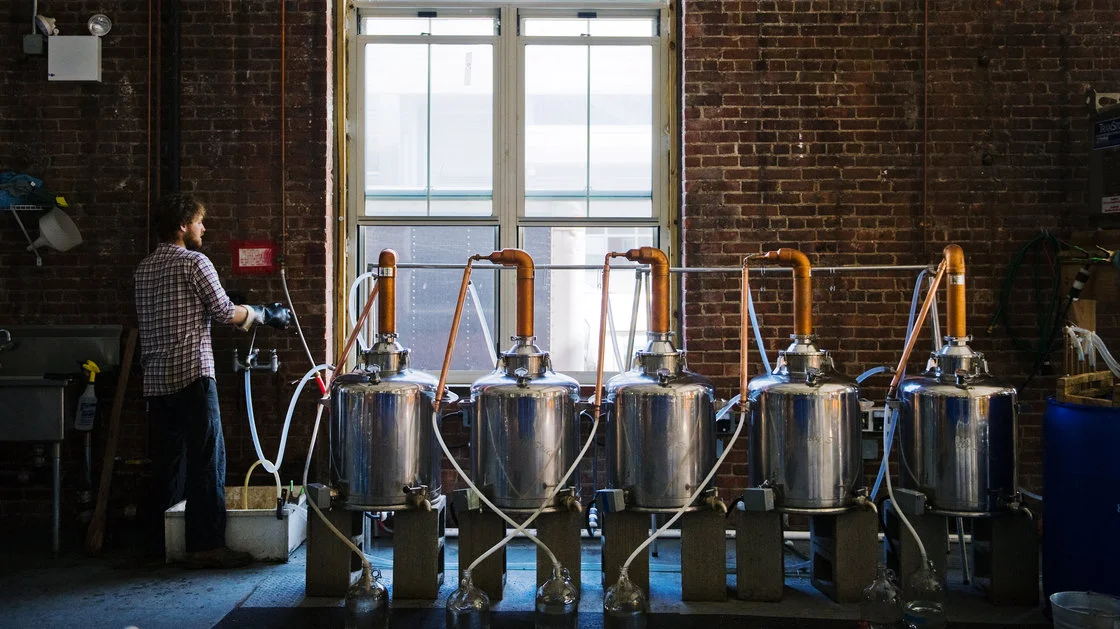Within days after each season premiere and season finale of the Discovery Channel's reality show "," they come — a small but perceptible wave of people — to purchase suspiciously large amounts of corn, sugar and hardy strains of fermenting yeast at .
"We know what they're up to," says Chris Ellison, the manager of the Texas store.
That is, it's obvious they're planning to ferment the sugars from grain or fruit juice into alcohol, then distill the resulting midstrength beverage into high-alcohol hooch.
Making spirits at home with plans to drink it is federal law. Only with the right permits may a person make ethanol, either for use strictly as fuel, or as part of a commercial endeavor — like launching a craft spirits company, of which nationwide in recent years.
Yet more and more people seem to be making home moonshine, according to sources.
"The interest level is growing rapidly," says Gary Robinson, owner of , a supplier in Missouri. Robinson sells stills — which are perfectly legal to own — from roughly 3 gallons in capacity to about 13. He ships to all states, but the core regions of his business are the traditional Southeastern moonshine districts and the West Coast.
Mike Haney, owner of in Barlow, Ky., says his sales of ethanol stills have doubled every year for three years since he opened. "Just that someone buys a still doesn't mean they're out to break the law," Haney points out. "A lot of people are making fuel."
Haney also sells miniature oak barrels — the sort used for aging bourbon and brandy.
"But they might be aging wine in them, or just buying everclear from a supermarket and putting that in the barrel," he says. "Anyone can buy a barrel."
More HERE

